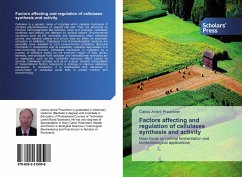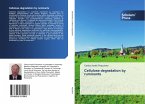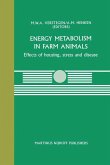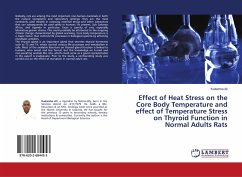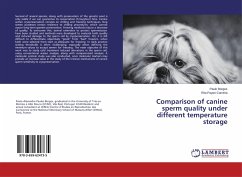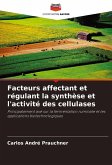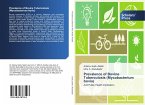Cellulase is a generic name of enzymes which catalyze hydrolysis of complex polysaccharides of vegetal cell wall. They are produced by fibrolytic microorganisms like bacteria, fungi and protozoa. Cellulases synthesis and activity are affected by several factors. Environmental conditions such as pH, osmolality and temperature affect cellulases activity, and several cations and anions may act either as enzymatic activators or inhibitors. Cellulases from thermoalkaliphilic bacteria are generally more resistant to hard environmental conditions. Because complexity in composition and its insolubility, cellulose degradation is a time-consuming process. Cellulases expression is regulated by a number of effectors acting on the promoter region of their genes. Normally, end-products from cellulose and hemicellulose hydrolysis act as repressors, such as the "catabolite repressor effect" played by glucose. Cellobiose normally acts as an inducer. Genetic manipulation of transcriptional factorsrepresents a strategy to improve cellulases expression. In conclusion, it is emphasized that advances in biochemistry of cellulases could help in animal nutrition and biotechnology.
Bitte wählen Sie Ihr Anliegen aus.
Rechnungen
Retourenschein anfordern
Bestellstatus
Storno

